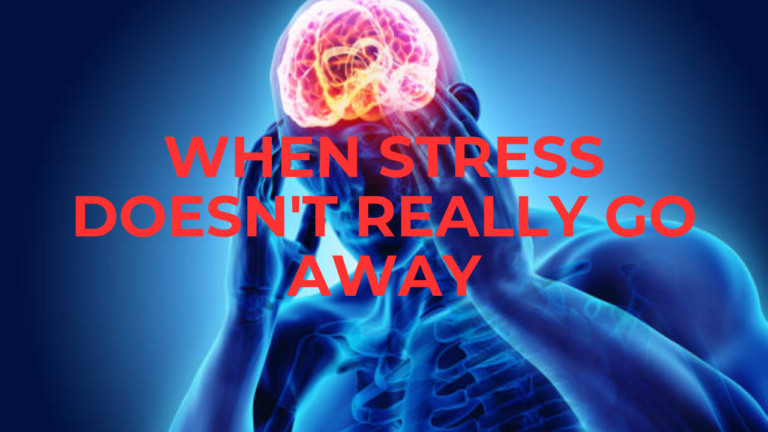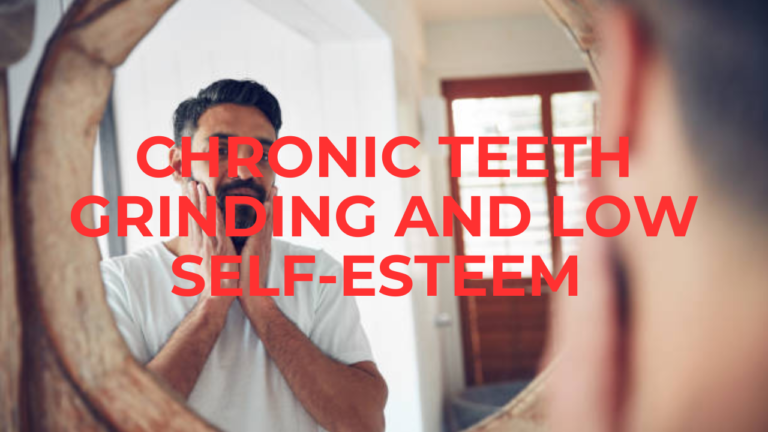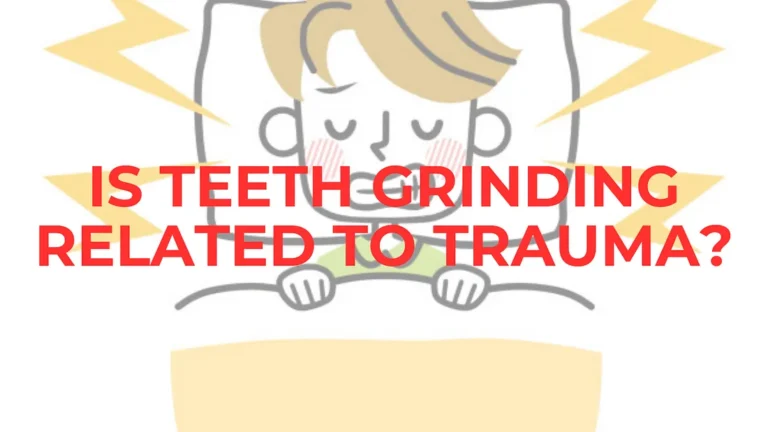Book Appointment Now
Psychology of Bruxism: Is Teeth Grinding a Learned Behaviour?

Hey guys, today I’d like to answer the question of whether teeth grinding is something you can learn from others, like your parents or relatives. Actually, it’s possible to learn teeth grinding from someone else.
For example, if you were raised by someone who frequently ground their teeth while doing chores, washing dishes, or repairing the car, you might have observed this behavior.
When we are young, we learn by observation. You may observe that and associate teeth grinding with concentration. Because you are young and learning by seeing things happen around you, you might pick up the habit as a way of concentrating. As you grow up, you might find yourself grinding your teeth when concentrating on a task because your mind has associated any kind of concentration with teeth grinding.
Sometimes, these habits may feel like they are serving us because we learned them from others and don’t know any other way. To overcome these habits, you need to disrupt the mind from the pattern it has gotten used to. Your mind has gotten used to associating concentration with teeth grinding, not because you want to do it, but because it has become a familiar way of concentrating.
This doesn’t mean your concentration will stop if you stop this habit. You can pick something else to help you concentrate. However, when your mind has held onto this for a very long time, it becomes safe and familiar to the point where your mind won’t just let it go. It has become part of your identity.
You can learn habits from others in the same way you can learn excessive drinking from a parent. You might associate drinking with stress relief or as a reward for hard work. Similarly, teeth grinding can be learned from those close to us because we learn from our environment as we are raised and form associations with these behaviors. As we grow up, we need to drop these learned habits and allow ourselves to learn new, healthier coping mechanisms.
Hope you found that informative, guys. Feel free to ask me any questions regarding the psychology of bruxism, focusing on the psychological and emotional aspects, not the dental side, because I’m not a dentist.







